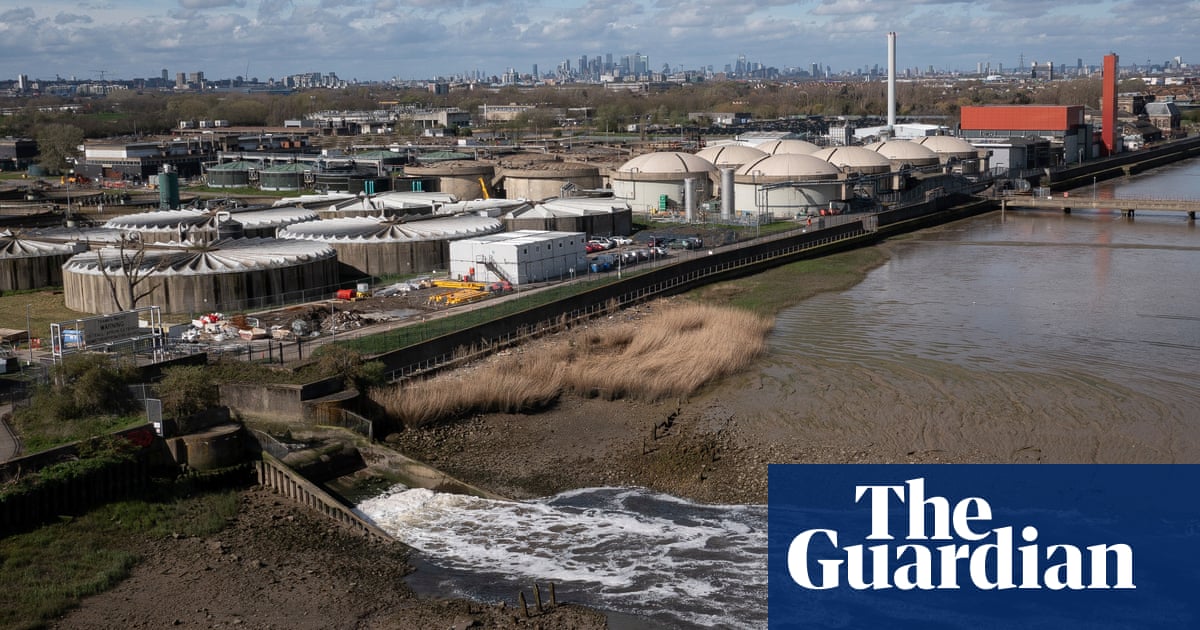Environment Agency Chief Confirms Regulator Buries Freedom of Information Requests

The chief of the Environment Agency has confirmed that the regulator has been concealing freedom of information requests. This admission was made at the UK River Summit, where Philip Duffy, the agency's chief executive, discussed the reluctance to reveal the 'embarrassing' true state of the environment in England.
Duffy elaborated that officials are apprehensive about disclosing the real environmental conditions due to potential backlash. This includes data on pollution, the state of waterways, and interactions with water company executives. As per the Freedom of Information Act, all public bodies are legally obligated to respond to information requests, maintaining transparency unless a valid exemption applies.
However, the Information Commissioner’s Office (ICO), which monitors the enforcement of the Freedom of Information Act, has highlighted the need for improved transparency. An ICO spokesperson stated, 'People have the legal right to promptly receive information they’re entitled to, and we take action when they don’t. Public sector leaders should see the benefits of transparency, including scrutiny that leads to improvements.'
Duffy also pointed out the difficulties faced by agency staff when dealing with complex queries from non-governmental organizations (NGOs). He explained, 'Expert NGOs ask very pertinent questions, but the manner of these inquiries makes it challenging for our staff to respond adequately.'
Last year, the Environment Agency received an enforcement notice from the ICO, indicating performance issues in handling freedom of information requests. While Duffy reiterated his commitment to transparency, emphasizing the need for more accessible agency data, concerns remain about the internal culture of withholding sensitive information.
In conclusion, the Environment Agency is under scrutiny to enhance its transparency and ensure compliance with the Freedom of Information Act. This effort is vital to rebuild trust and provide the public with the crucial environmental data they are entitled to.
This article was prepared using information from open sources in accordance with the principles of Ethical Policy. The editorial team is not responsible for absolute accuracy, as it relies on data from the sources referenced.
FAQ
Why did the Environment Agency chief admit to burying information requests?
The Environment Agency chief admitted to this practice due to concerns about revealing 'embarrassing' environmental facts that could prompt backlash.
What types of information are being buried by the regulator?
The buried information includes data on pollution, the state of waterways, meetings with water company executives, and other significant environmental details.
What does the Information Commissioner’s Office say about this issue?
The ICO emphasizes that the public has a legal right to receive information promptly and that transparency should be taken seriously by public sector leaders.
How is the Environment Agency planning to address the transparency issues?
The Environment Agency chief expressed his commitment to making more data readily available and stressed the need to lower the tone of debates to facilitate better responses from staff.
What challenges do Environment Agency staff face when responding to information requests?
Staff face difficulties due to the complex and detailed nature of questions from expert NGOs, making it challenging to respond adequately without causing controversy.